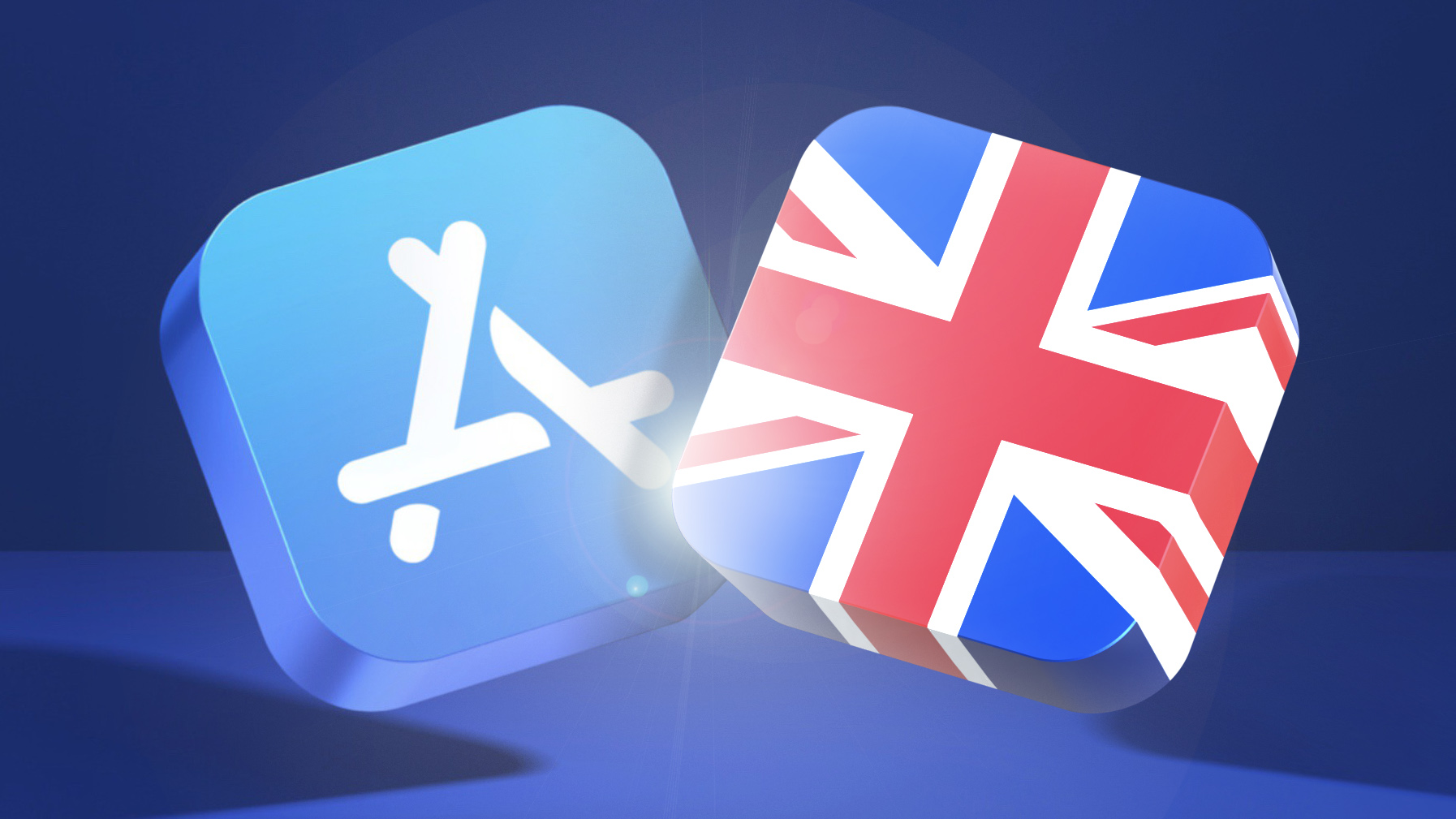
Britain's competition regulator has today outlined sweeping proposals that could force Apple to fundamentally alter how it operates its App Store, Safari browser, and iOS ecosystem in the UK.

The Competition and Markets Authority (CMA) published a detailed roadmap of potential interventions after proposing to designate both Apple and Google with "strategic market status" under new digital competition laws. The designation would give the CMA unprecedented powers to impose binding requirements on how Apple runs its mobile platform.
The CMA's immediate priorities include forcing Apple to allow app developers to "steer" users away from the App Store to complete purchases elsewhere, which would potentially undercut Apple's lucrative 30% commission model. The regulator also wants to require fairer, more transparent app review processes and prevent Apple from using data collected during app reviews to benefit its own services.
The CMA's most ambitious long-term goal involves breaking Apple's tight control over iOS by allowing alternative browser engines beyond WebKit and enabling better interoperability for digital wallets and connected devices like smartwatches.
"Apple and Google's mobile platforms hold an effective duopoly," said CMA Chief Executive Sarah Cardell, noting that 90-100% of UK mobile devices run on these platforms. The regulator estimates the UK app economy generates 1.5% of GDP and supports around 400,000 jobs.
Ultimately, the CMA believes that successful implementation could mean access to innovative digital wallets beyond Apple Pay, more capable third-party browsers, and potentially lower app prices as developers gain alternatives to Apple's payment systems.
Apple has already pushed back against the proposals, warning that they "would undermine the privacy and security protections that our users have come to expect, hamper our ability to innovate, and force us to give away our technology for free to foreign competitors."
The roadmap draws heavily on enforcement actions already underway in the EU and other jurisdictions. In the US, for example, a court recently forced Apple to allow app developers to include external payment links, leading companies like Spotify and Proton to announce price cuts of up to 30% for American users.
The CMA's phased approach aims to begin with app store reforms later this year, followed by more complex interventions around browser engines and device interoperability from 2026 onwards. However, some of the measures remain under review pending developments in US litigation and European enforcement.
The regulator has until October to finalize its strategic market status designations. In the meantime, it has invited stakeholders to submit feedback on the proposed intervention roadmap.
Note: Due to the political or social nature of the discussion regarding this topic, the discussion thread is located in our Political News forum. All forum members and site visitors are welcome to read and follow the thread, but posting is limited to forum members with at least 100 posts.
Article Link: Apple and Google's Mobile 'Duopoly' Targeted by UK Regulators

